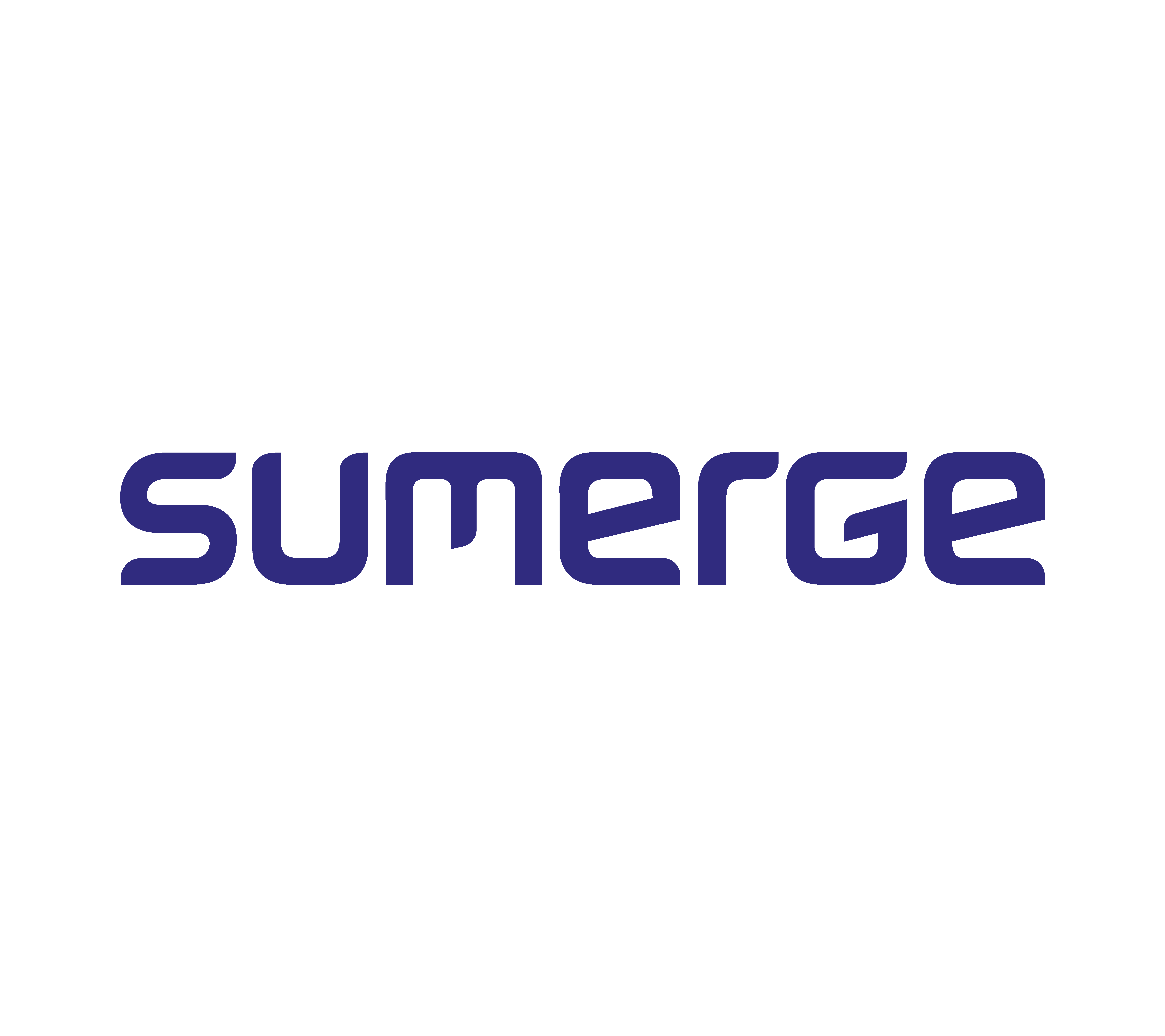
Top Four Integration Modernization Best Practices
- Posted by Adham Jan
- On March 8, 2023
In today’s fast-paced digital world, digital transformation has become a top priority for businesses of all sizes. To stay competitive and relevant, organizations must keep up with the rapidly changing technological advancements, and one of the most critical components of digital transformation is Agile Integration. It is a modern approach to integration that enables organizations to deliver services and data in real-time, improving customer satisfaction and driving business growth.
However, implementing Agile Integration comes with many challenges. Organizations must invest in technology, infrastructure, and talent, and they must also shift their culture towards agility, collaboration, and innovation. Overcoming these challenges requires a clear vision and strategy, the right technology, an Agile approach, and a culture of innovation.

To help you navigate these challenges, we wanted to share some Integration Modernization best practices that can help you optimize your approach to Agile Integration:
1. Have a clear vision and strategy
Before embarking on your Integration Modernization journey, it is essential to have a clear vision and strategy in place. Define your goals, priorities, and target outcomes. Ensure everyone is aligned, including the specific needs and requirements of your B2B clients. Dig deep into the requirements of your clients and how best to address them.
2. Develop a roadmap
Once you have a clear vision and strategy, develop a roadmap that outlines the key milestones and deliverables. Your roadmap should be flexible enough to adapt to changing business needs, but also specific enough to provide guidance and direction. Consider the different stages of integration, from initial planning to implementation and optimization. The roadmap should also have a detailed plan for each stage of integration.
3. Invest in the right technology
Agile Integration requires a significant investment in technology, so it’s essential to choose the right tools and platforms. Look for solutions that are modular, lightweight, and containerized, and that can integrate with your existing infrastructure. Consider the needs of your B2B clients and how best to address their specific requirements. It is also essential to have a plan for technology deployment, testing, and maintenance.
4. Embrace an Agile approach
To achieve the benefits of Agile Integration, embrace an Agile approach to software development and deployment. This approach requires collaboration, experimentation, and continuous improvement. Consider using Agile methodologies, such as Scrum or Kanban, to manage your integration projects. The Agile approach should also involve a feedback mechanism from the clients to ensure that requirements are met.
5. Foster a culture of innovation
To achieve the full benefits of Integration Modernization, foster a culture of innovation within your organization. Encourage experimentation, reward risk-taking, and create an environment that supports creativity and ideation. Involve your clients in the innovation process by soliciting their feedback and ideas. The culture of innovation should also include continuous learning and development for employees.
At Sumerge, we understand the challenges of Integration Modernization, and we are passionate about helping B2B organizations achieve their digital transformation goals. We offer a range of services and solutions that can help you optimize your approach to Agile Integration, including consulting, implementation, and support. If you’re interested in learning more about how we can help you with Integration Modernization, please don’t hesitate to reach out.
By following these Integration Modernization best practices, your B2B organization can remain relevant, competitive, and customer-centric. With the right mindset, strategy, technology, and culture, you can optimize your approach to Agile Integration and achieve the full benefits of digital transformation.
6. Embrace an Agile approach
Monitoring and measuring progress is crucial to ensure that your Integration Modernization efforts are on track. Regularly evaluate your progress against your roadmap and goals. Use metrics such as cycle time, lead time, and defect rates to assess your performance. Continuously analyze the data and adjust your approach accordingly.
7. Collaborate with stakeholders
Collaboration with stakeholders is essential for the success of Integration Modernization. Involve all stakeholders, including clients, in the planning and implementation process. Encourage open communication and feedback to ensure that everyone’s needs are addressed. Collaborating with stakeholders also ensures that everyone is aligned on the same page.
8. Build a strong team
Building a strong team is critical to the success of Integration Modernization. Invest in talent development and training to build a team that has the right skills and expertise. Develop a culture that supports teamwork, collaboration, and continuous learning. A strong team ensures that projects are completed on time, within budget, and to the satisfaction of all stakeholders.
In conclusion, Integration Modernization is a critical component of digital transformation that enables organizations to deliver services and data in real-time. By following these Integration Modernization best practices, your organization can optimize your approach to Agile Integration and achieve the full benefits of digital transformation. With the right mindset, strategy, technology, culture, and team, your organization can remain relevant, competitive, and customer-centric in today’s fast-paced digital world.




